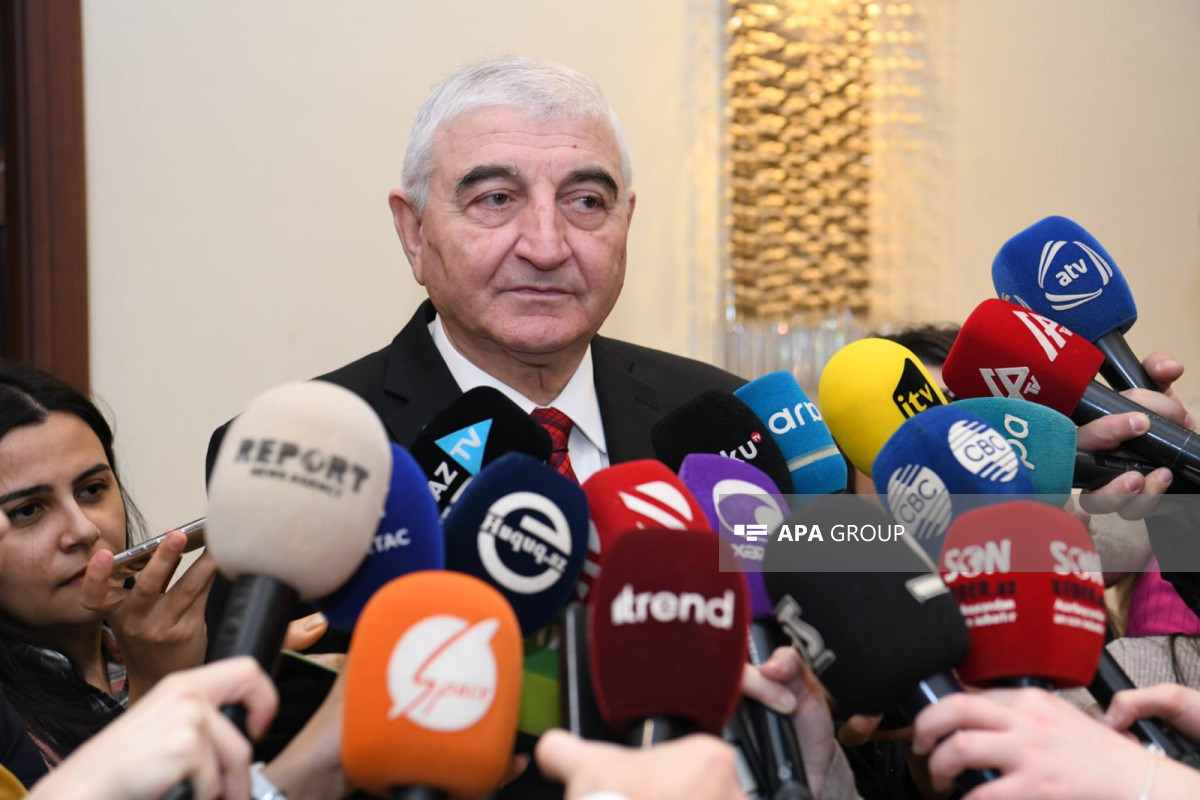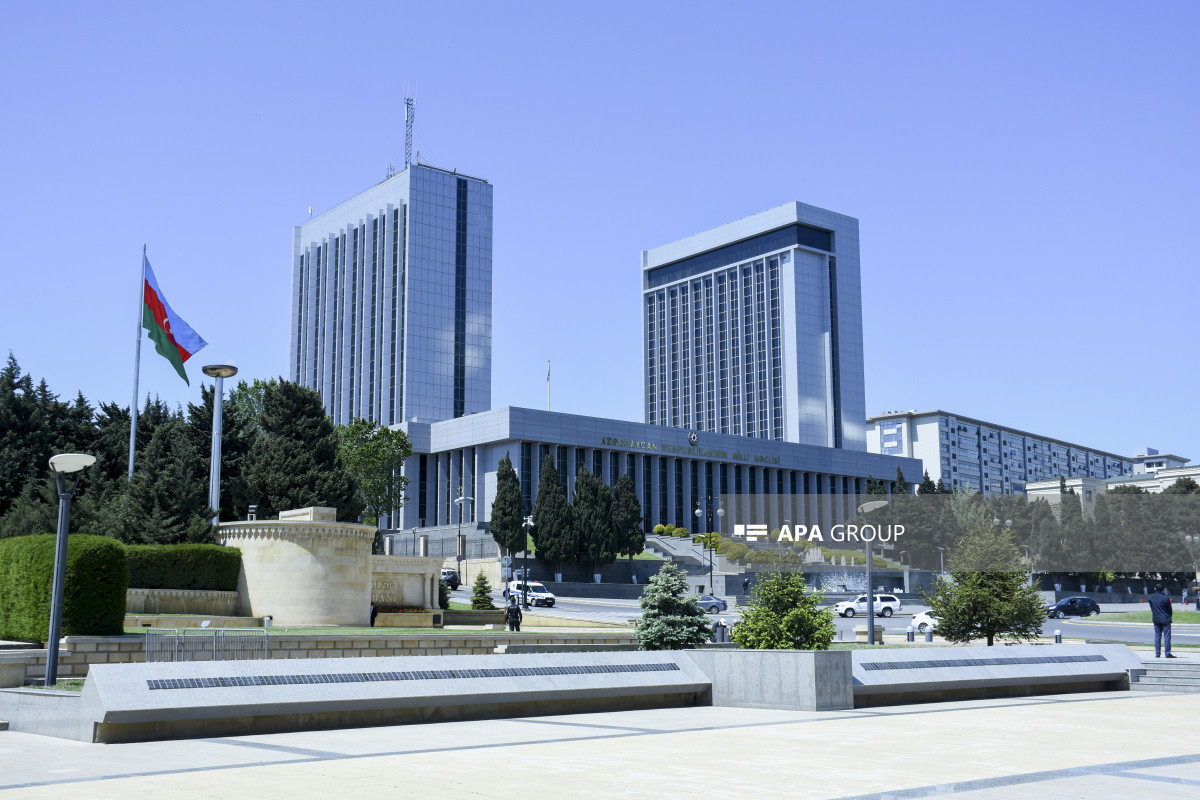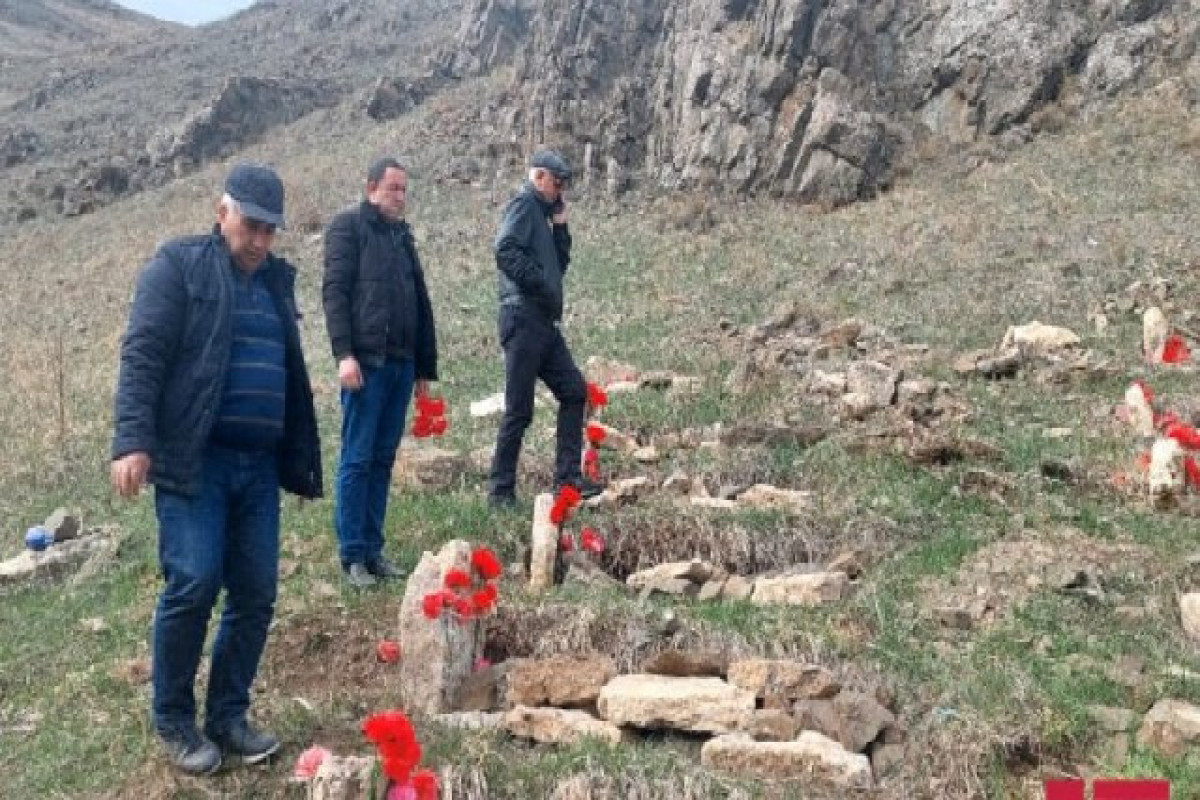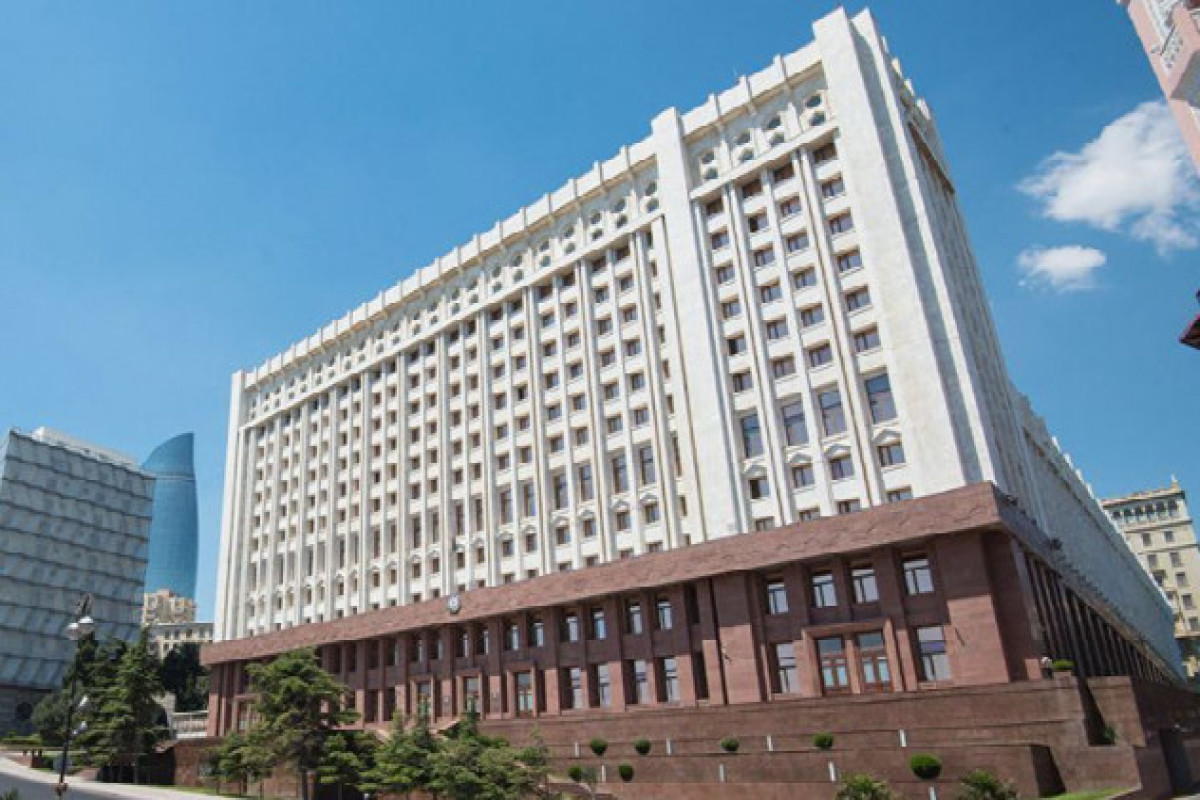He made the remarks Feb. 2 during a meeting with representatives of the public in country’s Guba district.
Hasanov said Azerbaijan did not notice the global economic crisis in 2008. However, the second waive of that crisis, which began in 2015, especially the dramatic fall in oil price, is affecting all countries including Azerbaijan.
“Even under such severe circumstances, Azerbaijan’s economy increased by 1.1 percent while growth in the non-oil sector amounted to 8.4 percent. What it means is, Azerbaijan has diversified its economy and ensured its sustainable, consistent and dynamic development, and properly defined a strategy of using all economic and social resources,” the top official noted.
He went on to add that the non-oil sector is today becoming the priority area in Azerbaijan’s economy, already making up 70 percent of GDP. “Nevertheless, energy potential will continue to be used and efforts made in this direction will last. Regardless of its price, oil is the core of Azerbaijan’s relations with the West and the entire world,” said Hasanov.
The top official said that Azerbaijan, as a country located at the center of East-West and North-South transport corridors, has significantly expanded its transport and transit opportunities over the last period.
He noted that upon the commissioning of the Baku-Tbilisi-Kars railway line, Azerbaijan, Georgia and Central Asian countries will form a special circle in the West-East and Europe-Asia relations. “Work is underway to put the railway into full operation.”
The delivery of goods from China into the European market via Central Asia – Caspian Sea – South Caucasus – Turkey – Mediterranean Sea is under test, Hasanov said.
Azerbaijan has already put into operation the largest trade port in the Caspian Sea, the president’s aide said. “The railway will start to operate by late 2016 and after full operation of the same infrastructures in Kazakhstan, Turkmenistan and Russia, Azerbaijan will get great incomes which will become extra resources for the future development of the country,” he stressed.
In addition, he said that Azerbaijan is one of the main routes in the transportation from South to North.
According to Hasanov, the delivery of goods from Iran and the Persian Gulf region to sea terminals of Kazakhstan, Turkmenistan and Russia through the Caspian Sea ferries in Azerbaijan is one of the tasks lying ahead.
“In short, we are currently working on access to energy, transport and transit resources. Moreover, the work is underway on the Shah Deniz 2 exploitation within the Southern Gas Corridor and the transportation of Azerbaijani gas to Turkish and European markets,” he said.
TANAP is currently being implemented and after a while an export pipeline will be commissioned to deliver Azerbaijani gas to Turkey, Hasanov added.
“Therefore, a large part of the losses as a result of the decline in oil prices will be compensated. As mentioned by the president, we are planning to welcome the 2030 –the post-oil period that will see oil revenues end – with a strong, competitive economic system,” he emphasized.
The top official said the Azerbaijani government is developing a strategy to compensate lost profits in other areas. The strategy includes the Southern Gas Corridor, Azerbaijan’s transit opportunities, human capital, non-oil economy and other resources.
“As is obvious, we have broad capacities and opportunities. The government, under the leadership of President Ilham Aliyev, managed to form this capacity thanks to the profits from energy exports, which is a good response to those who alleges inefficient use of oil revenues,” Hasanov completed.






